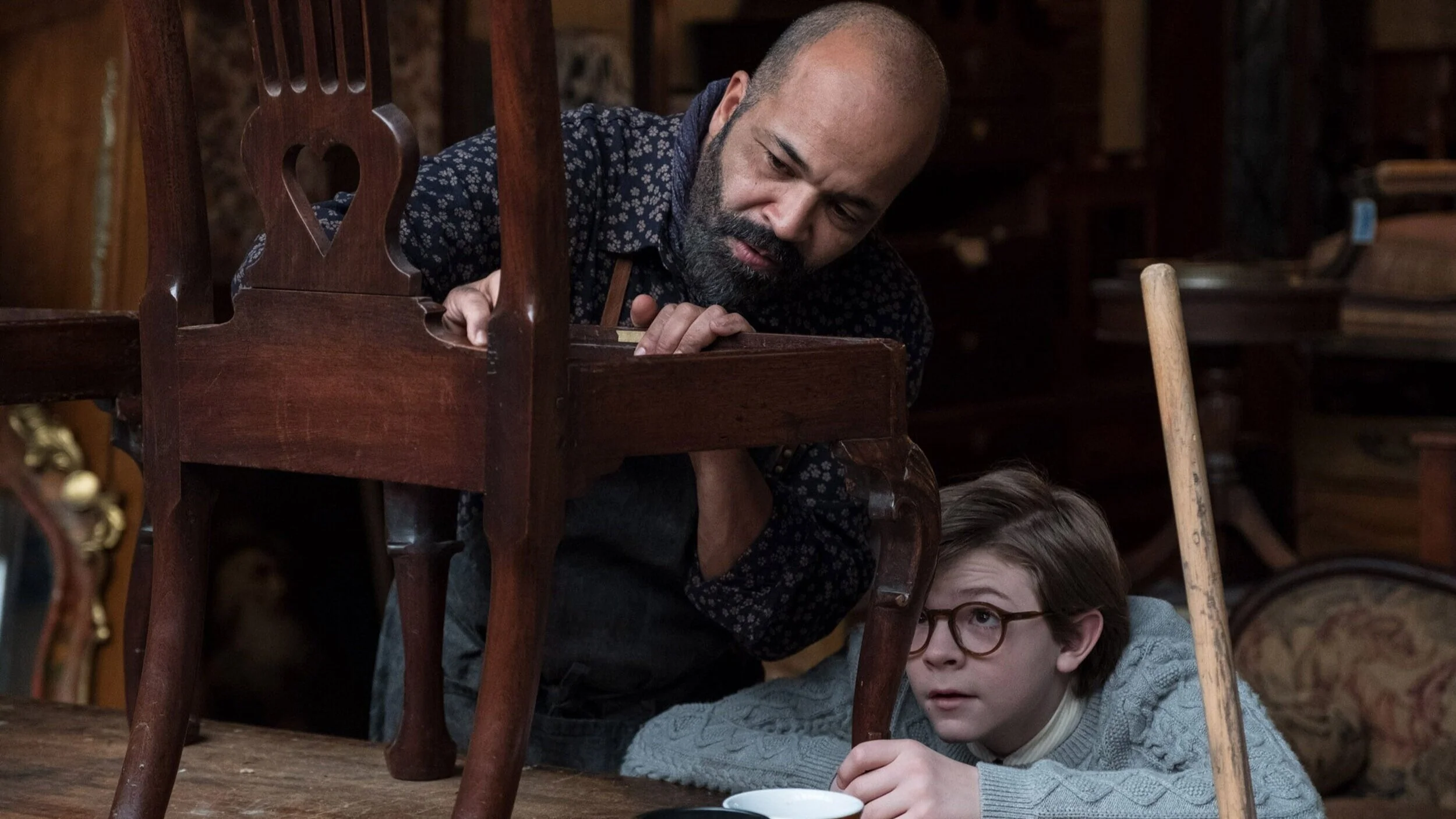The Goldfinch
The eponymous 1654 masterpiece is forced to connect too many narrative pieces in an unwieldy adaptation of Donna Tartt’s complex 2013 novel.
A fine art: Jeffrey Wright with Oakes Fegley
Every year or so, a novel comes along that touches a universal chord. Donna Tartt’s Pulitzer-winning The Goldfinch was one such. The director of the film version, John Crowley, previously steered Colm Tóibín's Brooklyn to the screen, another literary touchstone, albeit an altogether more compact, fragile piece. The accepted wisdom is that short stories make better films, a maxim held out by Crowley’s attempt to shoehorn all of Donna Tartt’s multiple themes and narrative threads into one digestible bite. This is a work about art, loss, grief, blame, betrayal, love, acceptance, theft, alcoholism, drug abuse and guilt. As a feat of storytelling, The Goldfinch is a mammoth jigsaw puzzle, but here too often the pieces have blunt edges.
The film opens with an act of confession as Theodore Decker (Ansel Elgort) tells us, “You see – her death was my fault.” Then, “I lost something that should have been immortal.” He is at a nadir in his life. But then his life is a series of nadirs. And the “something” that he lost is in fact something that he stole, a seventh-century painting by Carel Fabritius with a fascinating backstory before its residence at the Metropolitan Museum of Art in New York. But then there’s a terrorist act, a random, unexplained event that creates a ripple effect of devastating collateral impact.
Theodore is a flawed protagonist, a victim of the horrors of his life who invariably seeks and takes the easiest way out, including an increasing dependency on illegal substances. But if he is largely an impassive canvas – whether played by Oakes Fegley or, as an adult, by Ansel Elgort – the people around him are an insalubrious lot. Only Nicole Kidman as a temporary mother figure, wafting through the film like a guardian angel, and Jeffrey Wright as her male counterpart, provide the film with a compassionate backbone. Jeffrey Wright in particular gives an outstanding performance as the furniture restorer who takes Theo under his wing, imbuing his character with a gentle, wise authority. Both Nicole Kidman’s Samantha Barbour and Wright’s James Hobart share a love for the finer things in life and inspire in Theo a passion for art and antiques.
There is a lot to admire in John Crowley’s sixth feature, much of it taken from the novel, but the bleached-out palette of Roger Deakin’s photography too often mirrors the emotional languor at the heart of the film. There is a hypnotic power to The Goldfinch – even at 149 minutes – but the final resolution lacks the air-punching gratification or guttural emotional choke that one might have hoped for after such an investment of one’s time.
JAMES CAMERON-WILSON
Cast: Ansel Elgort, Oakes Fegley, Aneurin Barnard, Finn Wolfhard, Ashleigh Cummings, Willa Fitzgerald, Aimee Laurence, Sarah Paulson, Luke Wilson, Jeffrey Wright, Nicole Kidman, Denis O'Hare, Boyd Gaines, Peter Jacobson, Robert Joy, Luke Kleintank, Jack DiFalco, Ryan Foust, Hailey Wist, Carly Connors, Nicky Torchia, Caroline Day, Kevin Owen McDonald, Milan Sekeris.
Dir John Crowley, Pro Nina Jacobson and Brad Simpson, Screenplay Peter Straughan, from the novel by Donna Tartt, Ph Roger Deakins, Pro Des K.K. Barrett, Ed Kelley Dixon, Music Trevor Gureckis, Costumes Kasia Walicka-Maimone.
Amazon Studios/Color Force-Warner Bros.
149 mins. USA. 2019. Rel: 27 September 2019. Cert. 15.


